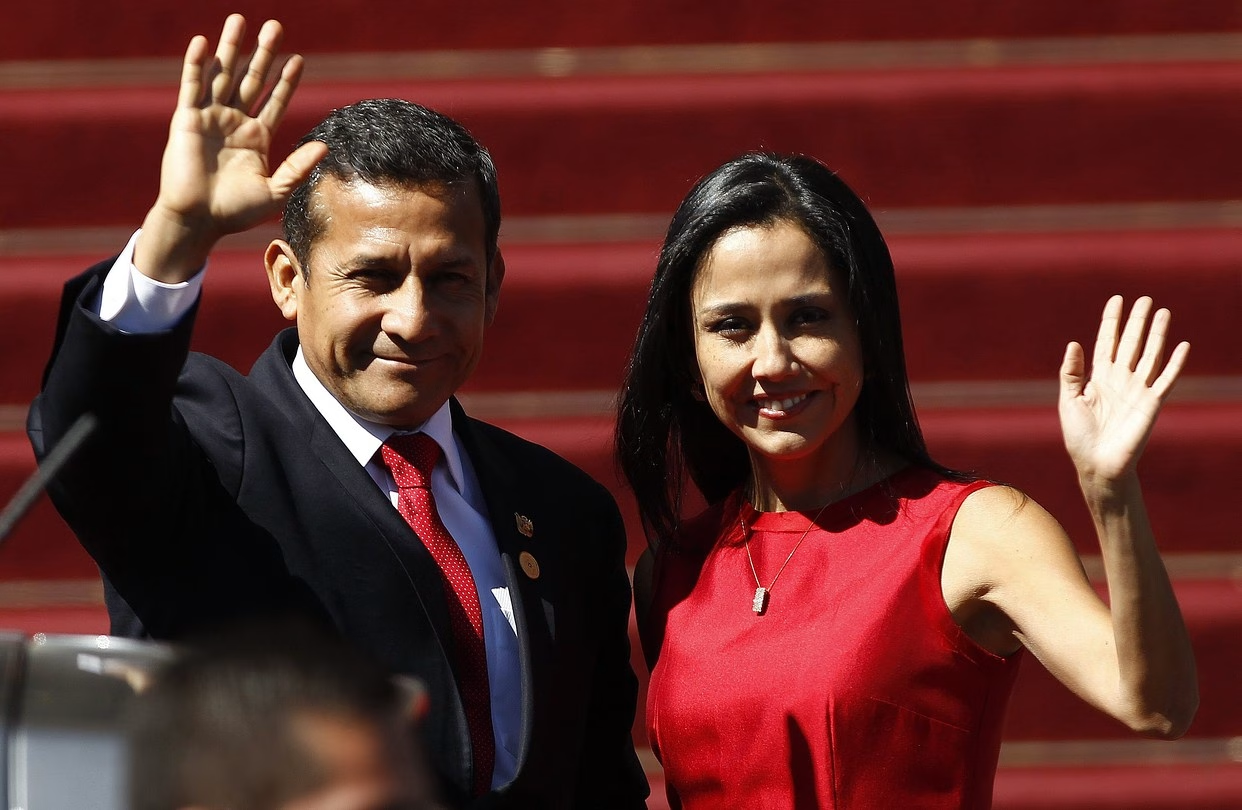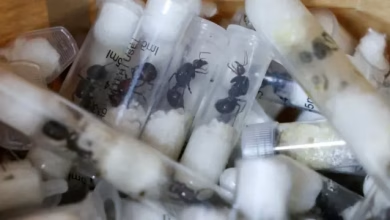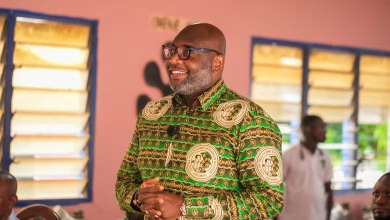Former Peruvian President Ollanta Humala has been convicted of money laundering and sentenced to 15 years in prison.
A court in Lima ruled that Humala had accepted illicit funds from Brazilian construction giant Odebrecht to finance his presidential campaigns in 2006 and 2011.
His wife, Nadine Heredia—co-founder of the Nationalist Party—was also found guilty of money laundering and received the same 15-year sentence.
Peru’s foreign ministry confirmed that Heredia, who has been granted asylum by Brazil, will be allowed safe passage to travel there with her son. Prosecutors had originally sought a 20-year sentence for Humala and 26.5 years for Heredia.
The verdict, delivered on Tuesday, followed a trial that lasted over three years. Humala appeared in court for the announcement, while Heredia attended remotely via video call. Both had denied the charges.
Background on Ollanta Humala:
A former army officer, Humala gained national attention in 2000 after leading a brief military rebellion against then-President Alberto Fujimori.
He first ran for president in 2006, aligning himself with then-Venezuelan President Hugo Chávez. Prosecutors allege that Chávez also provided illicit funds for that campaign. During the race, rival candidate Alan García warned that Humala would turn Peru into “another Venezuela.”
In 2011, Humala made another presidential bid, this time promoting more moderate policies modeled after then-Brazilian President Luiz Inácio Lula da Silva. This strategy helped him defeat right-wing candidate Keiko Fujimori.
However, his presidency was soon marred by violent social conflicts and political instability, leading to a drop in popularity and waning congressional support.
Humala’s legal troubles began after his term ended in 2016, when Odebrecht admitted to paying massive bribes to officials and political parties across Latin America.
Prosecutors accused Humala and Heredia of receiving millions in illicit funds from the company. In 2017, they were placed in pre-trial detention for a year before being released, but investigations continued, leading to this week’s final ruling.


